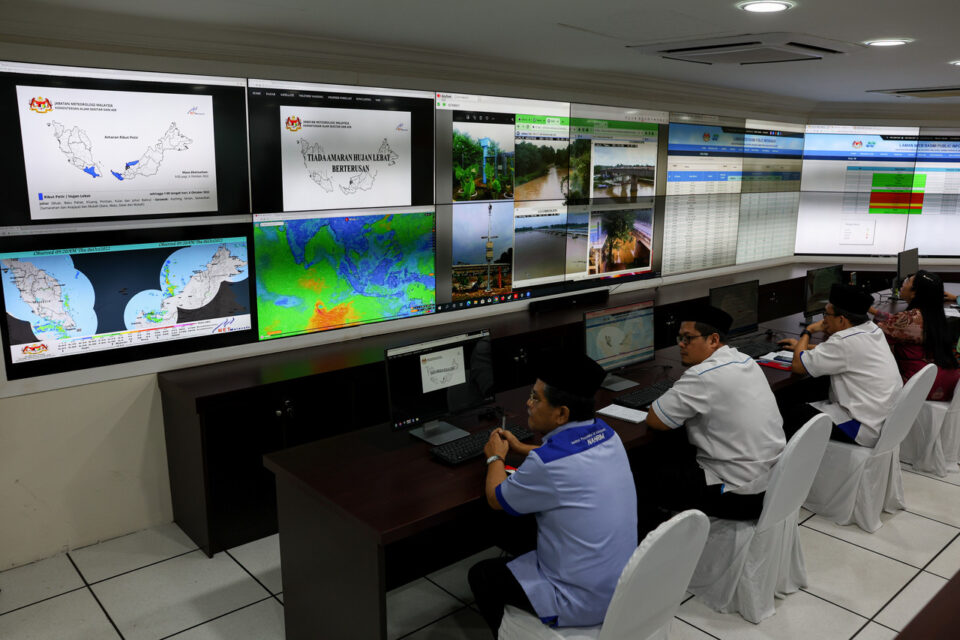KUALA LUMPUR, March 20 — The Public Accounts Committee (PAC) has determined the government’s RM129 million expenditure for Phase 1 of the National Flood Forecasting and Warning Programme (PRAB) did not justify the cost due to the lack of accuracy in floodwater level and prediction of when and where floods occur.
Its chairman Datuk Mas Ermieyati Samsudin said it was revealed that although the total amount of Specific and Determined Compensation had been paid via contractor progress payments, delays in the system’s installation should not have occurred as it affected the social and economic lives of thousands of flood victims.
“In the proceedings held on January 16, PAC was informed the estimated allocation for the development of PRAB Phase One, Phase Two, and Phase Three is RM1.065 billion.
“Therefore, the PAC wants the remaining development for PRAB Phase Two and Phase Three to be completed on time, within budget, with the set quality and allocation thus achieving the goal of providing effective and efficient flood forecasting and warning services to the public,” she said in a statement today.
The PAC presented a report on PRAB, which is under the Energy Transition and Water Transformation Ministry (Petra), at the Dewan Rakyat today and made seven follow-up resolutions on the January 16 proceedings by calling witnesses from the ministry, the Irrigation and Drainage Department, and the Malaysian Meteorological Department.
The seven resolutions involved the findings of weaknesses in project management leading to delays of 1,829 days in the Kelantan and Terengganu River Basins, and a delay of 1,836 days in the Pahang River Basin works.
The PAC also concluded that the upgrade from 3G to 4G under the National Digital Connectivity Plan caused data transmission issues from stations to gateways, exceeding three consecutive months due to the PRAB contract using only the 2G or 3G networks.
The findings also revealed that the initial RM385 million budget allocated for PRAB Phase Two escalated to RM522 million, which was attributed to the inclusion of siren systems, web cameras, and the Communication, Educational, and Public Awareness programmes.
Furthermore, deficiencies in the contract, which lacked “penalty clauses,” led to the neglect of maintenance works.
Given these findings, as part of the enhancement measures for PRAB, the PAC has proposed six actions to be executed by Petra and JPS, which includes ensuring that the remaining 79 out of 118 stations promptly undergo conversion to Remote Terminal Units to ensure the optimal functioning of PRAB.
“The PAC gives Petra and JPS a two-month window before their return for follow-up proceedings, enabling the Committee to receive updates on the actions taken regarding the recommendations provided,” said Mas Ermieyati.
The public can access the findings and statement pertaining to this report at the PAC website.
— Bernama





